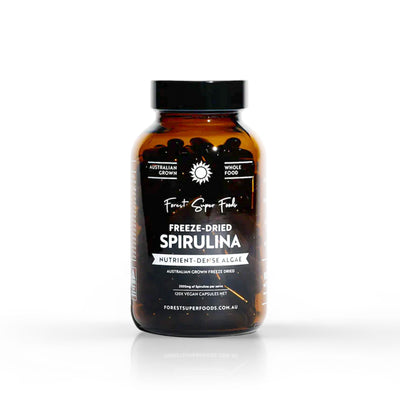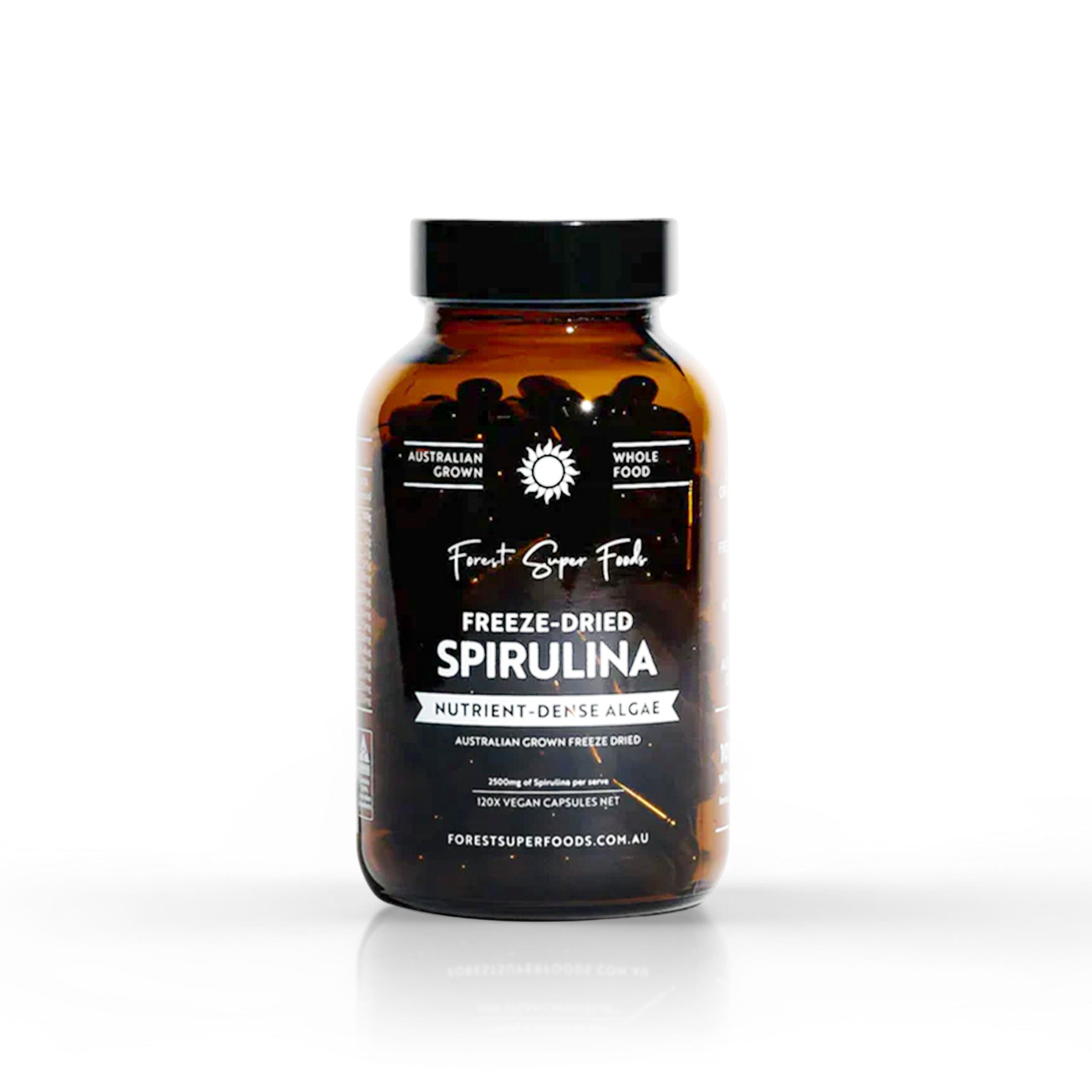For decades, calorie counting has been the cornerstone of many weight loss and health strategies. While the concept is simple — “calories in versus calories out” — this approach reduces food to nothing more than a number. From a functional health perspective, this is deeply flawed. The body is not a basic maths equation; it is a complex biological system that responds very differently depending on the quality and type of calories consumed.
A Calorie Is Not Just a Calorie
One calorie of an ultra-processed food (UPF) is not metabolised or experienced in the body the same way as one calorie of a wholefood. For example, 100 calories from a sugary soft drink will spike blood sugar, elevate insulin, and create a rollercoaster of energy highs and lows, whereas 100 calories from a handful of almonds delivers protein, fibre, healthy fats, and micronutrients that promote satiety and stable blood sugar. Though the calorie value may be identical, the hormonal and metabolic effects are worlds apart.
Nutrient Density vs. Energy Density
Wholefoods are nutrient-dense, meaning they provide vitamins, minerals, phytonutrients, fibre, and natural enzymes alongside energy. Ultra-processed foods, by contrast, are typically energy-dense but nutrient-poor. This means the body may still send hunger signals even after consuming a high-calorie processed meal, driving overeating and nutrient deficiencies. From a functional health lens, the priority should be nourishment and supporting optimal cellular function — not just restricting energy.
Impact on Gut Health and Inflammation
Calorie counting ignores how food affects the gut microbiome and inflammatory pathways. UPFs are often rich in additives, preservatives, industrial seed oils, and refined sugars that fuel dysbiosis and chronic inflammation. Wholefoods, on the other hand, supply fibre, polyphenols, and natural compounds that promote microbial diversity, gut integrity, and a balanced immune response. The long-term effect on health is far greater than a calorie tally can ever capture.
Hormonal and Metabolic Regulation
The body’s response to food involves hormones such as insulin, ghrelin, leptin, cortisol, and GLP-1. UPFs often disrupt these signals, leading to cravings, poor satiety, and fat storage. Wholefoods work in synergy with the body’s biochemistry, supporting balanced hormones and energy regulation. A calorie-based model overlooks these subtle but crucial mechanisms.
Rather than obsessively tracking calories, build your diet on whole, minimally processed foods. The focus shifts from restriction to nourishment. When the body is given the right signals through nutrient-rich foods, it naturally regulates hunger, metabolism, and energy balance without the stress and rigidity of calorie counting.
Australian Freeze Dried Spirulina CapsulesA powerful supplement for your health and wellness. Order Now |

|










Leave a comment
All comments are moderated before being published.
This site is protected by hCaptcha and the hCaptcha Privacy Policy and Terms of Service apply.